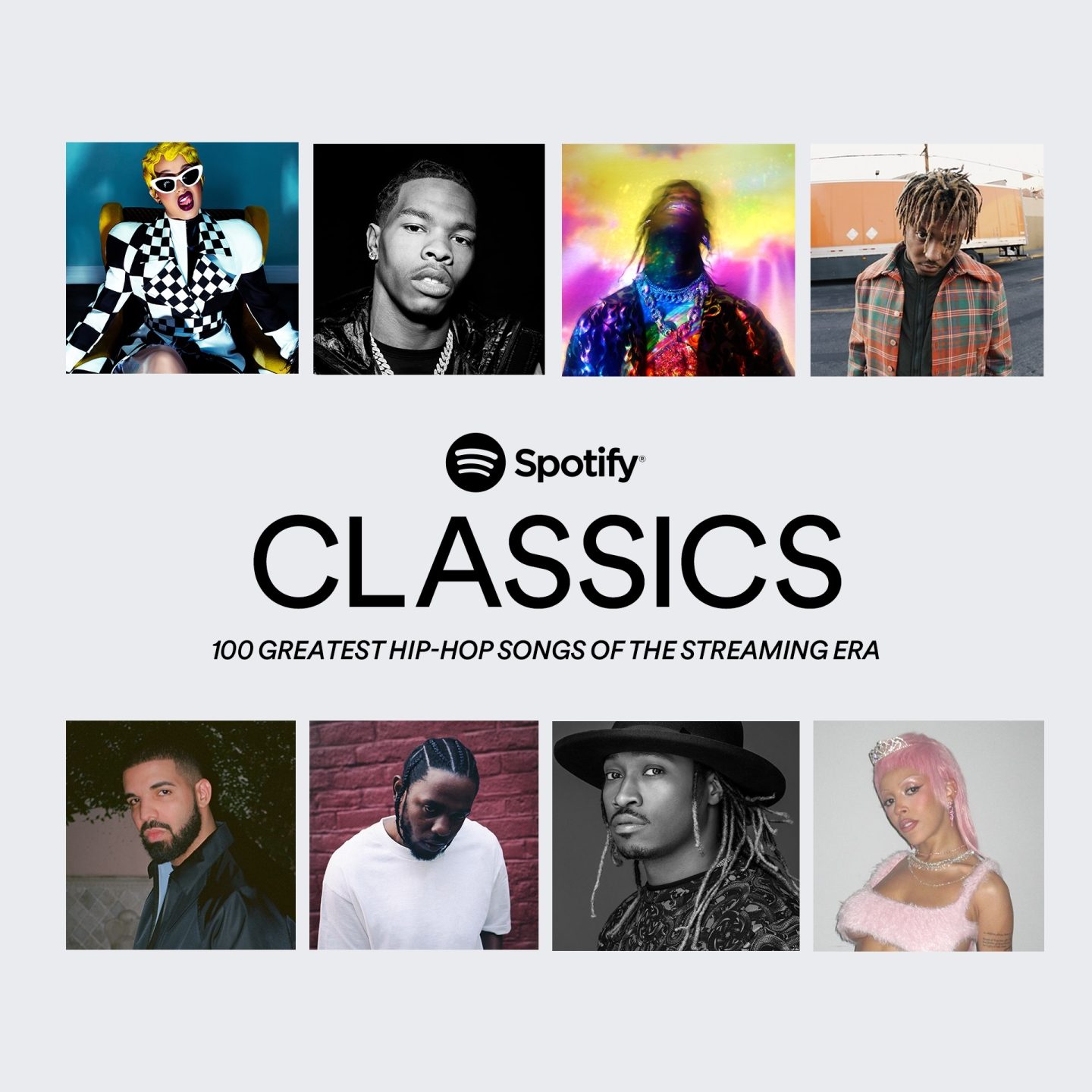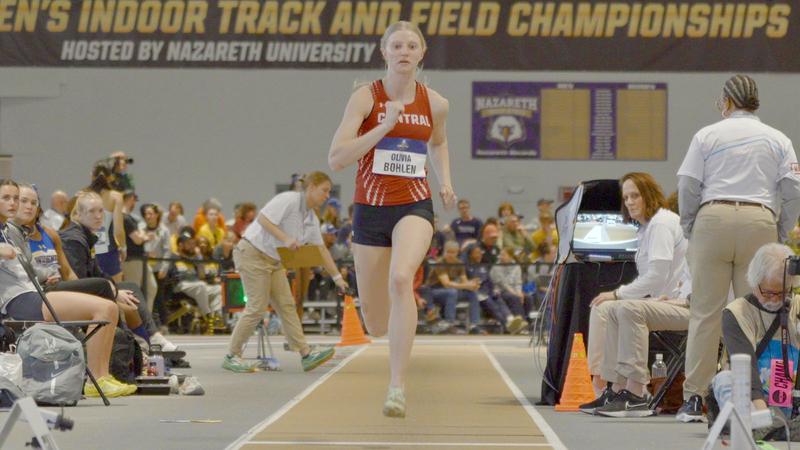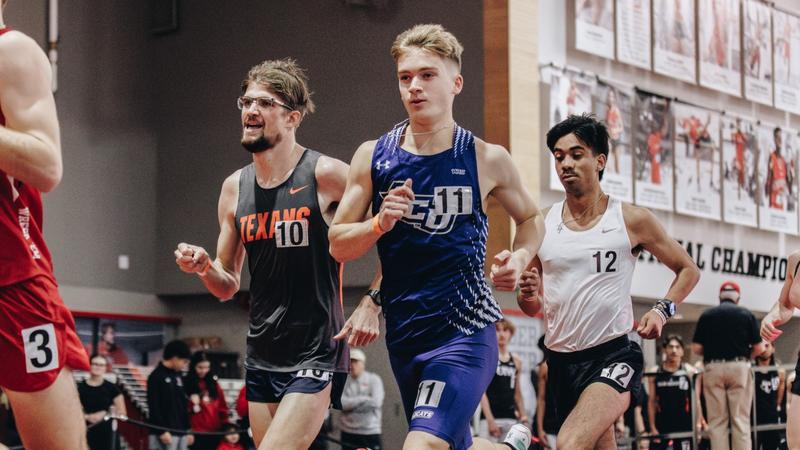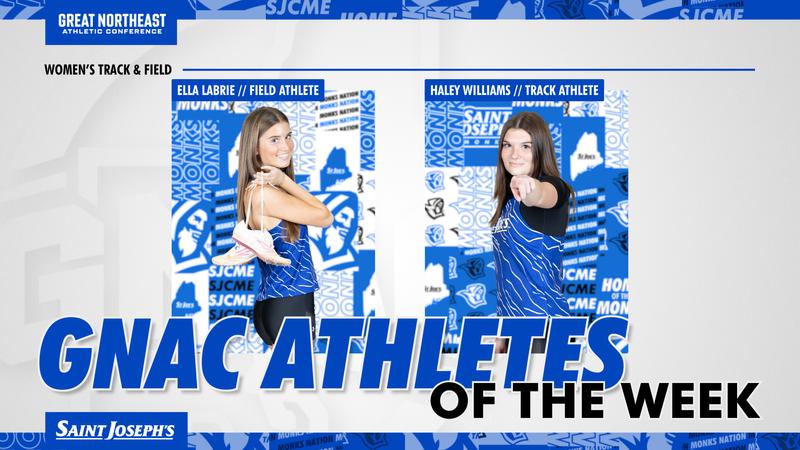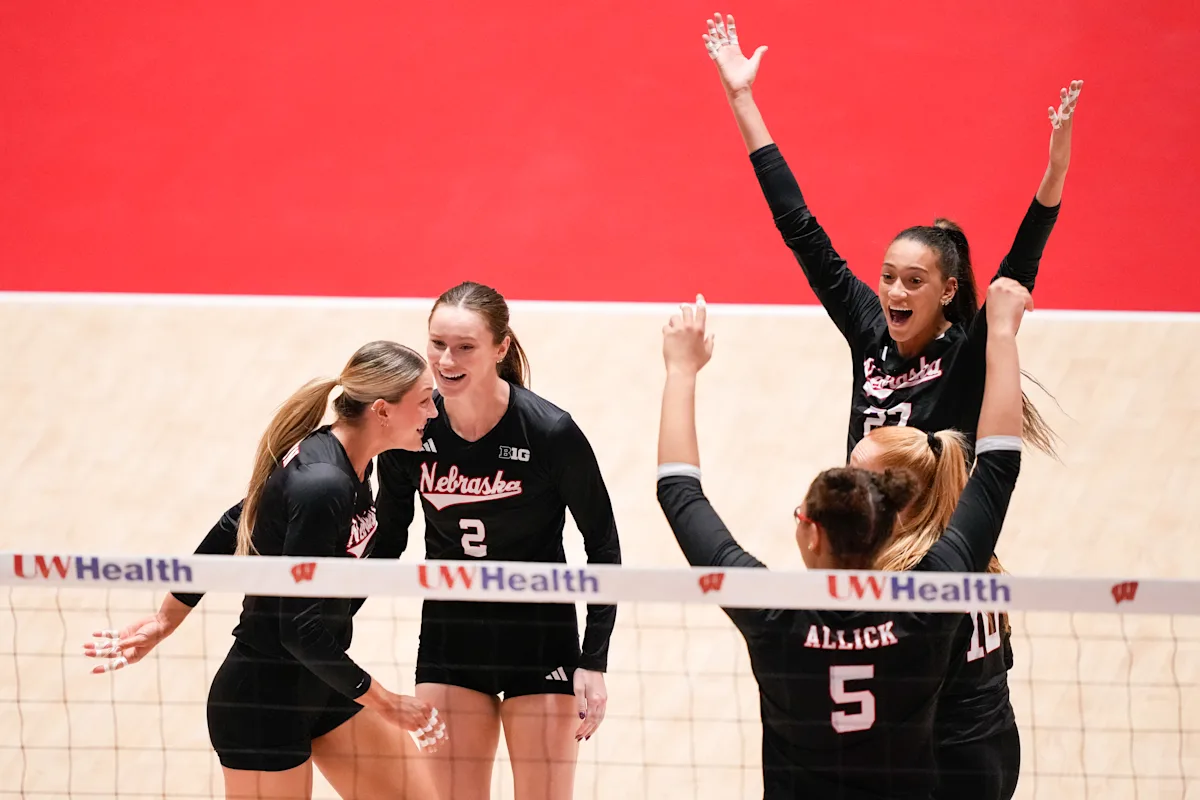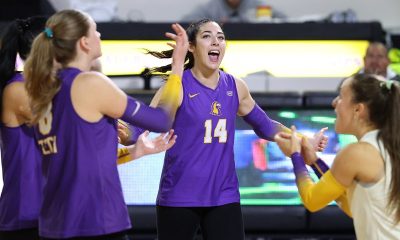Media rights deals indicate the increasing value of women’s sports, but they’ve also illustrated the need for salaries, amenities, and benefits in line with that premium price.
The impact of the ongoing influx of media investment was evident in the lineup at the Deep Blue Business of Women’s Sports Summit on Tuesday in Manhattan, which included the presence of new, developmental leagues like League One Volleyball (LOVB) and the United Soccer League (USL) Super League as well as the WNBA’s Golden State Valkyries expansion franchise.
Among the recent highlights, in 2023, the National Women’s Soccer League entered a four-year, $240 million broadcast deal with CBS, Disney, Amazon, and Scripps that was the largest of its kind at the time. It was also more than 53 times the $4.5 million deal the NWSL received from CBS Sports and streaming platform Twitch in 2020.
Additionally, last year, the WNBA signed an 11-year media rights deal with Disney, Amazon, and NBCUniversal that was not only worth $2.2 billion, but allowed it to keep negotiating with existing broadcast partners like Scripps—which is seeking a long-term agreement after averaging more than 1 million viewers per game last season. The WNBA’s new pact will bring the league more than $200 million per season, or roughly four times the $50 million it receives annually from its current broadcast rights.
“It’s creating more visibility for our athletes and helping us grow our fan base and attract a broader audience,” Shana Stephenson, chief brand officer for the reigning WNBA champion New York Liberty, told ADWEEK at the Deep Blue summit. “If you really look at engagement and the commitment of our fans and the loyalty of our fans, that’s where the investment really shows up, and that’s where it really makes a lot of sense.”
Outside the U.S., soccer’s U.K.-based Women’s Super League (WSL) struck a five-year, $86.7 million deal with Sky Sports and the BBC last year that, at more than $17 million per year, exceeds the $9 million to $10.6 million annual value of the league’s last media cycle.
So why weren’t broadcasters so generous previously?
“It’s called sexism, just say it,” said Sue Bird, a Deep Blue partner and chief strategy officer who’ll be enshrined in the Naismith Basketball Hall of Fame later this year.
A multi-time Olympic gold medalist with Team USA and WNBA champion with the Seattle Storm, Bird is now part of the ownership groups of both the Storm and the NWSL’s Gotham FC. As the value of women’s sports media deals rises and conditions within the leagues themselves change, Bird observes it in the context of the greater sports landscape.

